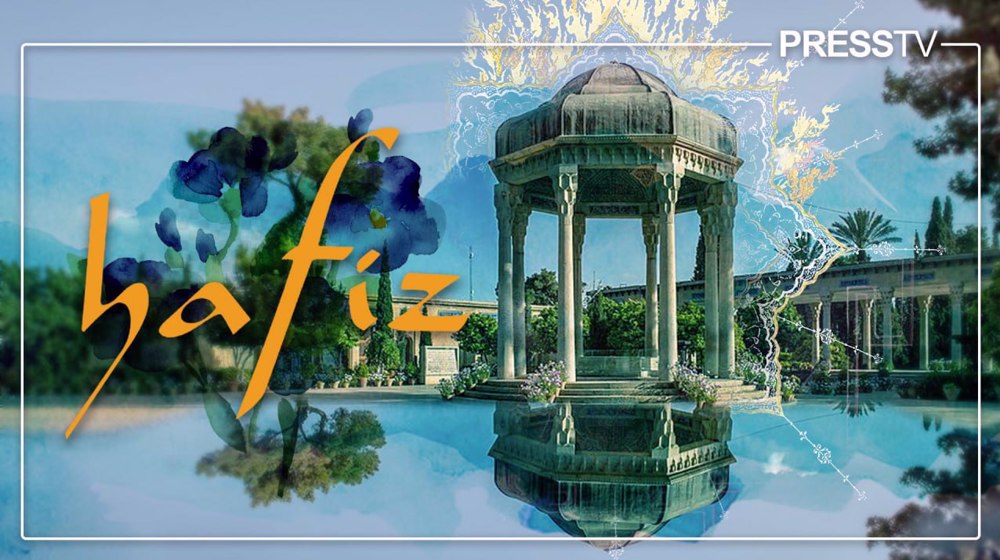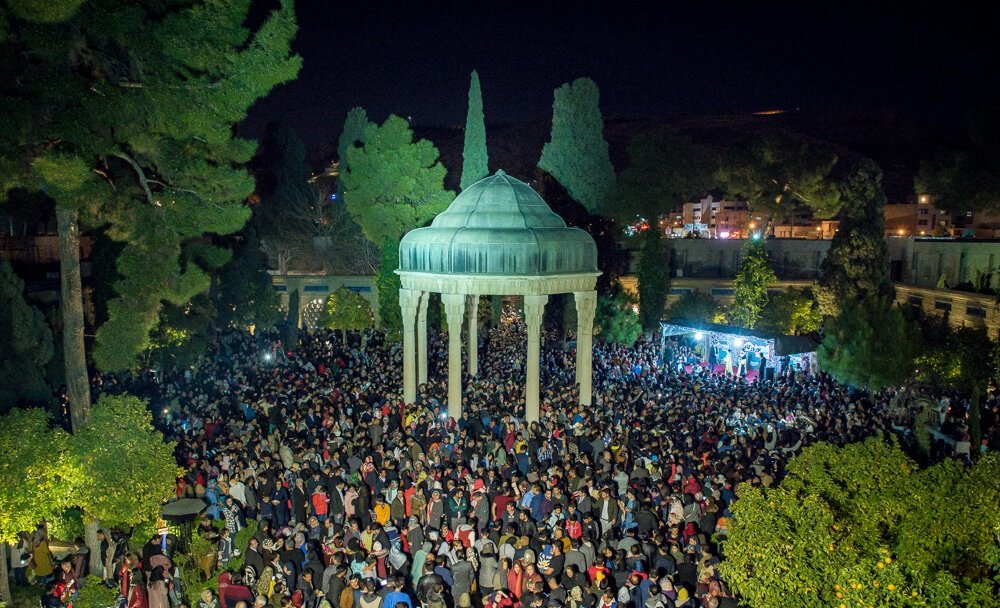The Enduring Legacy of Hafez
Hafez had a huge influence on Persian literature and the whole Iranian culture. 600 years after his death, any traveler coming to Iran can still see how important Hafez’s poetry.

In the realm of Persian poetry, Hafez is a luminous star that has cast its glow across cultures and generations. Born as Khajeh Shams al-Din Muhammad Hafez-e Shirazi in the 14th century, this Iranian poet has left an indelible mark on the world of literature, transcending borders and resonating with readers worldwide.
Hafez received a classical religious education and was known for his expertise in Quranic and other theological subjects. The name "Hafez" signifies one who has memorized the Quran by heart. He also wrote commentaries on religious classics, showcasing his deep understanding and intellectual prowess.
But it is Hafez's poetry that truly captures the hearts and minds of readers. His verses brim with mysticism, love, and profound wisdom. They have not only withstood the test of time, but continue to inspire and captivate audiences internationally.
Every year, on the 20th of Mehr on the Iranian calendar, which fell on October 12 this year, Iran and Persian-speaking communities around the world celebrate Hafez Day. This special occasion provides an opportunity to appreciate the significance of Hafez's contributions to literature, spirituality, and humanity as a whole. It is a day to commemorate the man whose poetry has become an integral part of Persian culture, touching the souls of countless individuals throughout history.
Hafez's poetry holds a special place within the literary canon, often described as Sufi poetry due to its spiritual depth and connection to the divine. His works, consisting of ghazals and odes, delve into themes such as love, faith, and the journey of the human soul towards enlightenment. Despite being written centuries ago, Hafez's words remain relevant today, speaking to the universal human experience.
One of Hafez's remarkable qualities is his ability to transcend cultural boundaries. Translations of his poetry into various languages have allowed people from different corners of the world to appreciate the beauty of his verses. Renowned poets like Goethe, Ralph Waldo Emerson, and contemporary writers such as Daniel Ladinsky have been drawn to Hafez's works, undertaking the task of translating them into English and other languages. Through these translations, Hafez's poetry has reached a wider international audience.
Hafez's divan, a collection of his poems, is particularly renowned. Several partial English translations of this work have been produced, including those by Gertrude Bell and H. Wilberforce Clarke. These translations provide English-speaking readers with glimpses into the wisdom and enchanting imagery present in Hafez's original Persian verses.
Hafez's influence extends far beyond the realm of literature, reaching into the realms of art, music, and philosophy. Artists, musicians, and philosophers have all found inspiration in his profound verses, each interpreting them in their own unique way. Musicians like Shahram Nazeri have transformed Hafez's poetry into soul-stirring songs, while artists have used his words as a wellspring of creativity. Hafez's teachings on love and spirituality have also resonated with thinkers and philosophers, shaping their philosophical perspectives on life.
The celebration of Hafez's poetry continues through annual gatherings and festivals held worldwide. His tomb, known as the ‘Hafezieh,’ located in Shiraz, Iran, serves as a pilgrimage site for poetry enthusiasts.
Each year, people from diverse backgrounds come together to honor his legacy and celebrate his enduring impact.



Write your comment.